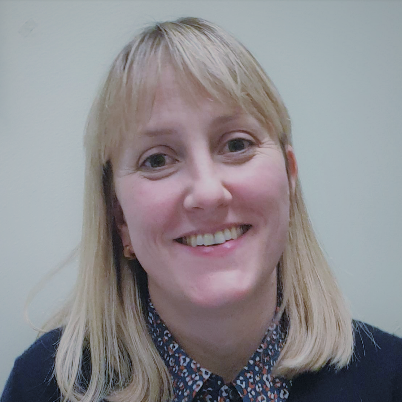
Nicola Kalk
Dr Nicola Kalk graduated as a doctor from the University of Cape Town in 2002. She completed MScs in Neuroscience and in Comparative Social Policy at Oxford University before receiving an NIHR Academic Clinical Fellowship in psychiatry at the University of Bristol where she studied psychopharmacology of anxiety and addiction with Professor David Nutt and Professor Anne Lingford-Hughes. At Imperial College London she completed her PhD with Professor Lingford-Hughes, using PET to investigate the involvement of neuroinflammation in alcohol withdrawal and alcohol-related brain damage. She subsequently completed higher psychiatric training in General Adult Psychiatry at the South London and Maudsley NHS Trust and has focussed on clinical records research investigating substance misuse and psychiatric comorbidity and has collaborated with Professor Sir John Strang in respiratory physiology studies of opioid agonist ingestion. She is currently Consultant Addiction Psychiatrist for the Kings College Hospital Alcohol Care Team and continues to hold an honorary clinical lectureship at King’s College London.
Substance use in psychiatric crisis: still the usual suspects
Dr Nicola Kalk
National Addiction Centre, IOPPN, King’s College London, 4 Windsor Walk, Denmark Hill
Aims:
To ascertain frequency of recent use of Novel Psychoactive Substances and conventional substances of abuse in patients in psychiatric crisis.
Design:
1322 detentions under Section 135/136 of the Mental Health Act (1983 amended 2007), emergency police powers to facilitate urgent psychiatric assessment, were reviewed. Electronic health record data from South London and Maudsley NHS Foundation Trust centralised Place of Safety (SLaM CPoS) were extracted and hand-searched for evidence of recent use of NPS and other substances of abuse. Descriptive statistics were implemented in R.
Setting:
SLaM CPoS, an emergency psychiatric care facility.
Participants:
866 individuals detained between 01/02/2017 and 21/05/2018.
Measurements:
Recent use of alcohol was ascertained by breathalyser reading, self-report and/or clinical assessment. Cannabis, stimulant, benzodiazepine, or opioid intoxication was ascertained from self-report, urine drug screen and/or clinical assessment. NPS intoxication was ascertained by self-report or clinical assessment as no objective tests are available in this clinical setting.
Results:
41.45% of detainees had used alcohol, 21.86% cannabis, 15.05% stimulants, and 2.57% opioids. Use of NPS was rare: in 1.97% cases suspected synthetic cannabinoid use was recorded, in 0.61% suspected GBL use, and in 0.23% suspected mephedrone use.
Conclusion:
Recent use of alcohol, cannabis and stimulants is common in people detained to an emergency psychiatric facility. The frequency of recent use of these drugs far exceeds that of recent NPS use. Training of psychiatric emergency services personnel should focus on the recognition and management of alcohol intoxication and withdrawal, and cannabis and stimulant intoxication.
Co-Authors
Mr John Robins, National Addiction Centre, IOPPN, King’s College London, Ms Kezia Ross, National Addiction Centre, IOPPN, King’s College London, Ms Matilde Rahtz, South London and Maudsley NHS Foundation Trust, Dr Vivienne Curtis, South London and Maudsley NHS Foundation Trust, Dr Katherine I Morley, National Addiction Centre, IOPPN, King’s College London
Conflicts of interest:
No conflict of interest.